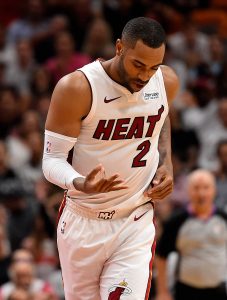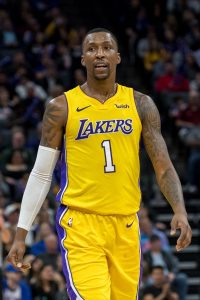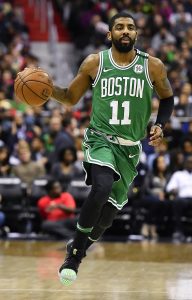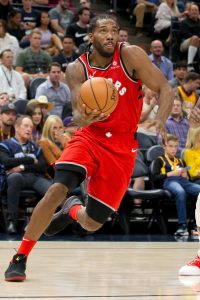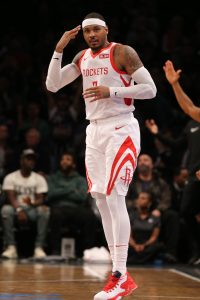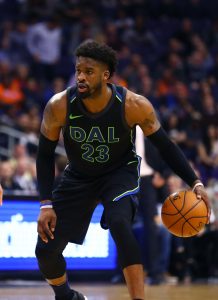We have an opportunity for you to hit us up with your questions in this, our weekly mailbag feature. Have a question regarding player movement, the salary cap or the NBA draft? Drop us a line at HoopsRumorsMailbag@Gmail.com.
Is there an actual trade market for Wesley Matthews? I’ve seen him on plenty of “trade candidate” type articles lately but can’t imagine who would take him, and I’m a Mavs fan. — Mike O’Neill, via Twitter
Matthews has a couple of advantages that could create a strong demand before the trade deadline arrives in February. He’s only 32 and seems fully recovered from the Achilles injury that derailed his career in Portland, plus he’s got an $18.6MM expiring contract. Matthews is off to his best start in years, averaging 16.2 PPG through 13 games while shooting 38% from 3-point range. If he keeps up that level of play, Dallas should get a nice return for him. Of course, that’s assuming the Mavericks are sellers rather than buyers at the deadline. Last night’s win over the Warriors has them at 7-8 and back in the middle of the Western Conference playoff race.
I was wondering where Jawun Evans ended up. The Clippers were trying to trade him to make the best out of an overflow situation, but the rumor was no one was biting was despite four or five teams wanting him. They knew the Clips had to make the cut. What happened to the four or five teams waiting for Evans? — Nicolas Galipeau
Evans recently signed with the Suns’ G League affiliate in Northern Arizona and is waiting for his next NBA opportunity. Players who get cut right before the season starts usually have a hard time getting picked up right away because everyone’s roster is set. Evans certainly looked like he has an NBA future during the 48 games he played for the Clippers last year, and it wouldn’t be surprising to see him back in the league before the end of the season.
If the Wizards can’t get back into contention after their slow start, which players are most likely to be moved when the sell-off begins? — D.P., via Twitter
John Wall may seem like the most obvious answer, but the Designated Veteran Player Extension he signed in the summer of 2017 will kick in next season, making him a huge financial risk. Wall will get $170MM over the next four years, including a cap-draining $47.3MM in 2022-23. Teams may ask for Bradley Beal, but he is much more affordable for the Wizards to keep with a deal that pays $27MM and $28.75MM over the next two years. The answer may be Otto Porter Jr., who was mentioned as a possibility for the Rockets in a recent story by Jonathan Tjarks of The Ringer. That’s a situation to keep an eye on if Washington can’t climb up the standings before the trade deadline.
